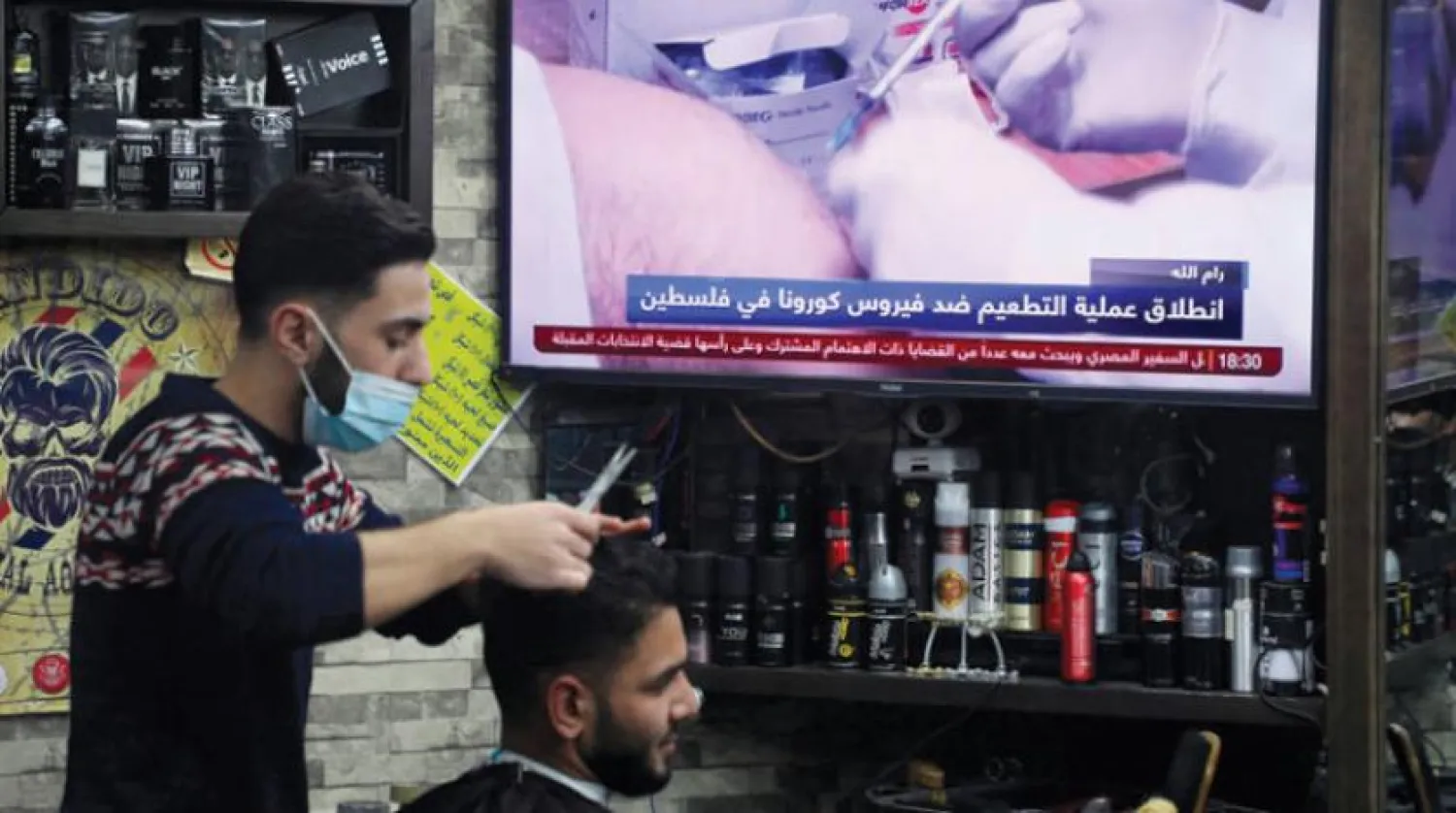A number of Israeli right-wing activists launched a campaign against a decision by Defense Minister Benny Gantz and Chief of Staff Aviv Kochavi to provide the Gaza Strip with the coronavirus vaccine.
The campaign was joined by critics of the government and families of two soldiers, Hadar Goldin and Oron Shaul, who are being held by Hamas in the enclave. Israel believes the soldiers have since died.
The Goldin family submitted a petition asking authorities to withhold vaccine deliveries to Gaza until the bodies of the two soldiers and other citizens held in Gaza are returned to Israel.
However, judicial authorities in Tel Aviv said the vaccine should be granted to Gaza, fearing consequences under international law. As an occupying power, Israel is obligated to include the Palestinian populations of the West Bank and Gaza Strip in its inoculation program.
Sources in Tel Aviv said the Palestinian Authority (PA) submitted an official request to the Israeli National Security Council to transfer tens of thousands of vaccines that it had bought or were donated by the World Health Organization (WHO), the EU and Russia.
The Israeli military and security leadership responded to the request, following the high spread of the virus in the Strip, fearing it will reach Israeli areas or lead to a “security escalation”.
Two months ago, Gantz approved the transfer of hundreds of vaccines to Palestinian medical teams in the West Bank. He said he wanted to ensure the virus does not spread from the West Bank to Israel through the military checkpoints that Palestinian workers cross daily.
Reports in Israel said the army’s southern command is “vigilantly” following up on the situation of the virus in the Strip. In recent days, it decided to inoculate over 100,000 Palestinians working in Israel.
On Monday, the PA accused Israel of holding up the delivery of 2,000 doses of COVID-19 vaccines into Gaza. Israeli authorities said the request is still being examined.
Palestinian Health Minister, Mai al-Kaila confirmed 1,048 new COVID-19 cases and five fatalities in West Bank, East Jerusalem and the Gaza Strip. Since the outbreak of coronavirus in March last year, 190,316 Palestinians have been infected, 177,474 have recovered and 2,133 have died.
The government, meanwhile, said it had pushed back the rollout of its vaccination campaign due to a delay in deliveries.
Prime Minister Mohammed Shtayyeh announced that the government will tighten precautionary measures for two more weeks in the West Bank.
“There has been a delay in the arrival of the vaccine,” he confirmed, adding that the launch of vaccinations for the general public would be announced, "at a later time" when sufficient supplies arrive.
The vaccination will start for the elderly and those with chronic diseases.









